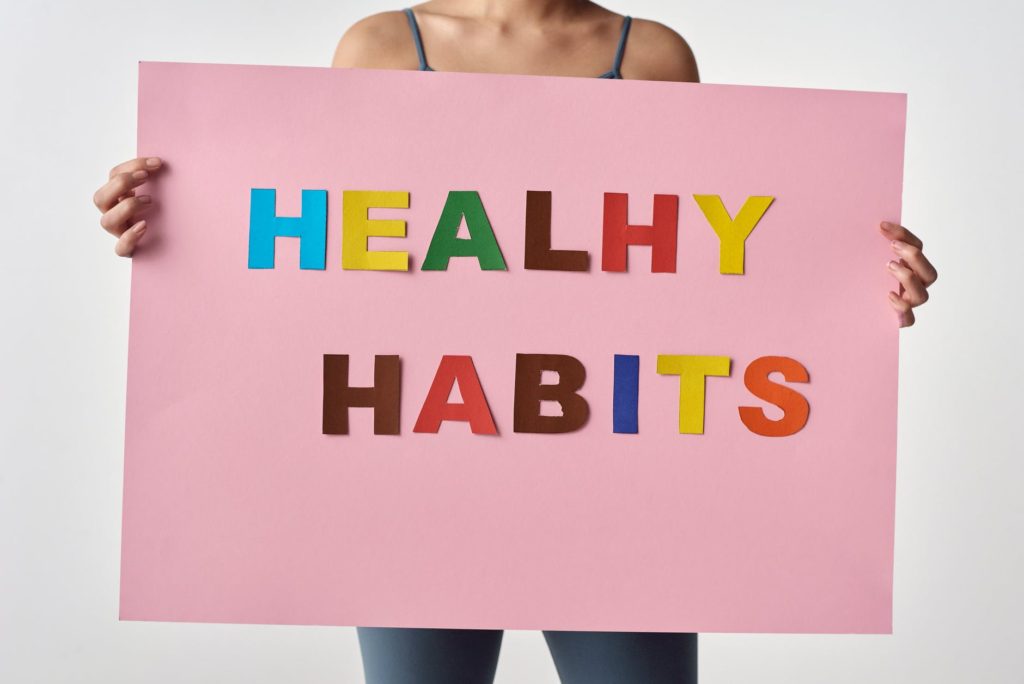The keto diet, which is a low carbohydrate, high fat, and moderate protein diet, was initially used to manage seizures in people with epilepsy.
However, it has since become popular as a weight loss tool, as it puts the body into a state of ketosis, where fat is burned for energy instead of carbohydrates.
In this article, we’ll look at the potential benefits of the ketogenic diet for brain health and depression.
And at the end of this article, you’ll find out if keto is right for you or not.
How Keto Impacts the Brain
The diet’s impact on the brain and nervous system has raised questions about its potential effects on mood.
Although the ketogenic diet has shown positive effects on the brain and nervous system for conditions like epilepsy, migraine, Alzheimer’s, and possibly depression, the majority of supporting research has been conducted in animals, and more human studies are necessary.
Keto Can Increase GABA Levels
A possible benefit of the keto diet for depression includes an increase in GABA levels.
An increase in GABA, a neurotransmitter that regulates mood, stress, and anxiety, has been linked to improved depressive symptoms.
Keto Improves Mitochondrial Function
Keto also has been shown to improve mitochondrial function, which generates energy for cells, and it has been shown to improve depression.
Keto May Lower Oxidative Stress
The ketogenic diet may have a positive impact on mood by reducing oxidative stress, regulating insulin function, and decreasing inflammation.
Oxidative stress, caused by the build-up of free radicals in the body, has been linked to depression and other health conditions.
And the keto diet, which is low in sugar and refined starches and helps regulate blood sugar levels, has been found to improve markers of oxidative stress and antioxidant status.
Keto Improves Insulin Sensitivity
Keto’s ability to improve insulin sensitivity and decrease chronic inflammation may also help alleviate depression.
Keto Reduces Inflammation
The ketogenic diet has anti-inflammatory properties and may produce fewer pro-inflammatory compounds, making it a potential solution for those struggling with depression.
So to summarize, the ketogenic diet can have an impact on the brain and, in some cases, may help manage mood disorders.
Keto can increase GABA levels, improve mitochondrial function, regulate insulin, and reduce inflammation and oxidative stress.
However, the diet can also result in depressive symptoms or worsen existing depression for some individuals.

How Keto May Cause Depression
The keto flu, which is a series of symptoms that occur during the transition to ketosis, such as headaches, sleep disturbances, cramping, and fatigue, may make adjusting to the diet challenging and lead to depression.
Additionally, the restrictive nature of keto, which involves avoiding various food groups such as sugar, starch, legumes, and carb-rich fruits and vegetables, can result in a nutrient deficiency, social isolation, and depression.
Some studies have linked food exclusion to depression, and this may be heightened with keto if cooking at home more often leads to social isolation.
In summary, while keto can offer potential benefits, it can also be restrictive and lead to depressive symptoms, especially during the transition period and due to social isolation.
Overcoming Depression on the Keto Diet
If you are feeling depressed while on the keto diet, it’s important to determine if it is just a temporary mood or a more serious depressive disorder.
If it’s affecting your daily life, it’s best to seek professional help.
If you believe the diet is causing your depression due to its strict restrictions, unpleasant side effects, or social isolation, consider discontinuing it.
There are alternative weight loss programs that may suit you better.
However, if the keto diet is being used to overcome diabetes or epilepsy, consult your healthcare provider. If you still want to continue the diet, here are some tips:
- Wait for the keto flu to pass — If you recently started the diet, your symptoms could be related to the initial transition. By drinking plenty of fluids and supplementing with electrolytes, you can make the transition easier.
- Focus on nutrient-dense foods — If you’re not getting enough mood-boosting nutrients, try incorporating more whole, nutrient-dense foods, such as avocado, almonds, and low-sugar dark chocolate, which are rich in magnesium.
- Seek professional help — If you are unsure whether your depression was caused or exacerbated by the keto diet, consider seeking help from a mental health professional.

Conclusion
Keto is a well-known diet for weight loss and blood sugar control, but it was originally designed for epilepsy treatment.
It can also have positive impacts on the brain, potentially helping with mood disorders.
Although evidence suggests that keto may be beneficial for depression, its restrictive nature can lead to depression in some individuals.
However, most people won’t get any mental troubles when starting keto, and they may actually improve their mental health due to the diet’s anti-inflammatory nature.
If you’re considering trying the keto diet for its potential benefits, you can read this article to learn more about the diet and how to do it correctly.
- Can You Still Lose Weight If You Aren’t in Ketosis? - February 8, 2023
- Can the Keto Diet Help With Depression? - February 8, 2023
- Why Does Processed Food Make You Fat? - January 2, 2023




